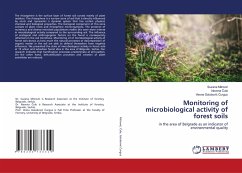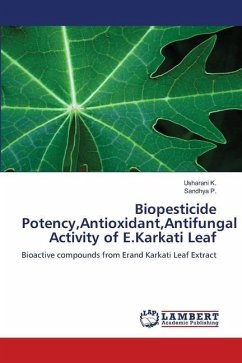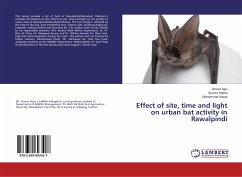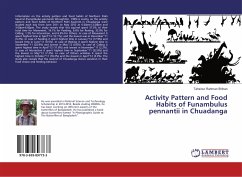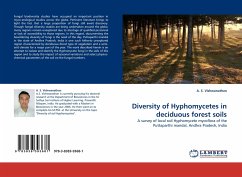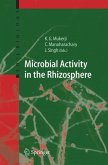The rhizosphere is the surface layer of forest soil consist mainly of plant residues. The rhizosphere is a narrow zone of soil that is directly influenced by roots and represents a dynamic system that has certain physical, chemical and biological properties. The biological component of this zone consists of plant roots and rhizosphere microorganisms. The presence of numerous and diverse microbial populations makes this zone more intense in microbiological activity compared to the surrounding soil. The influence of ecological and anthropogenic factors on the forest is consequently reflected on the soil microflora. Monitoring of of microbiological activity of forest soils shows us how much the natural processes of decomposition of organic matter in the soil are able to defend themselves from negative influences. We presented the state of microbiological activity in forest soils at 19 urban and suburban forest sites in the area of Belgrade, Serbia. Our research indicates that humification processes predominate at all localities. On the other hand, dehumification processes and creation of plant assimilates are reduced.

